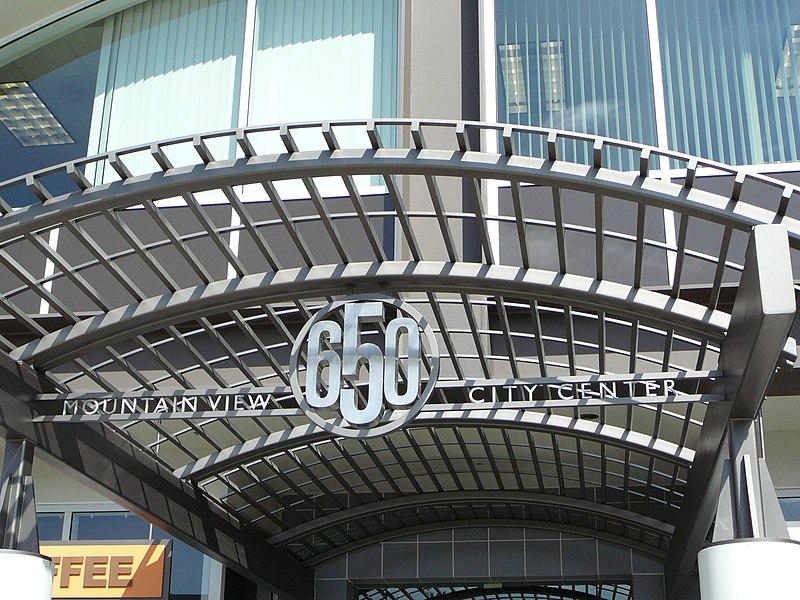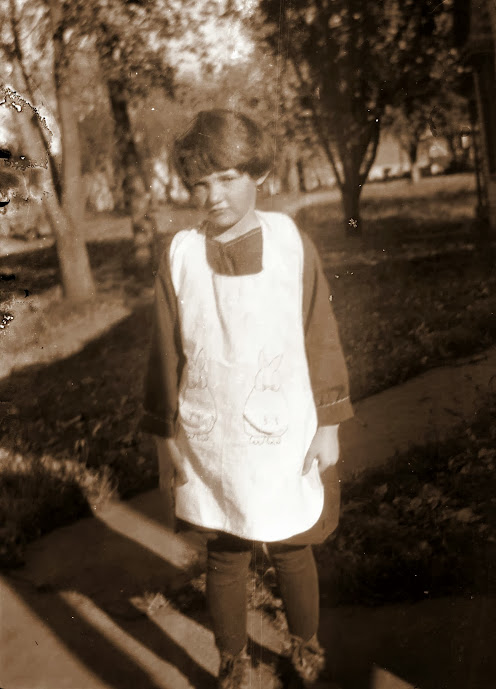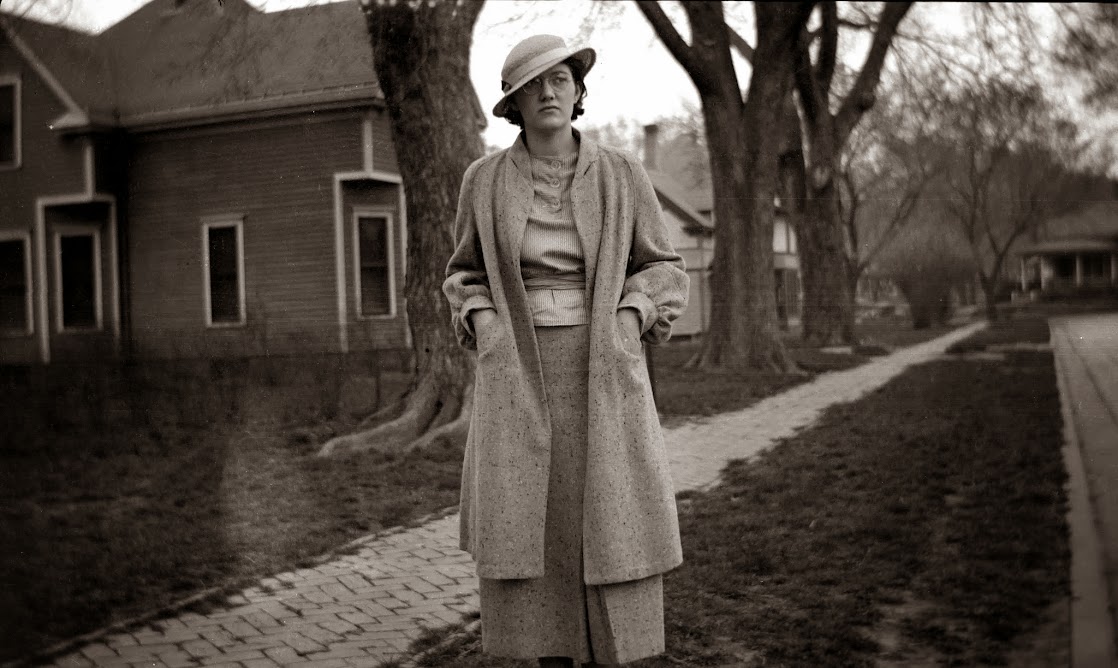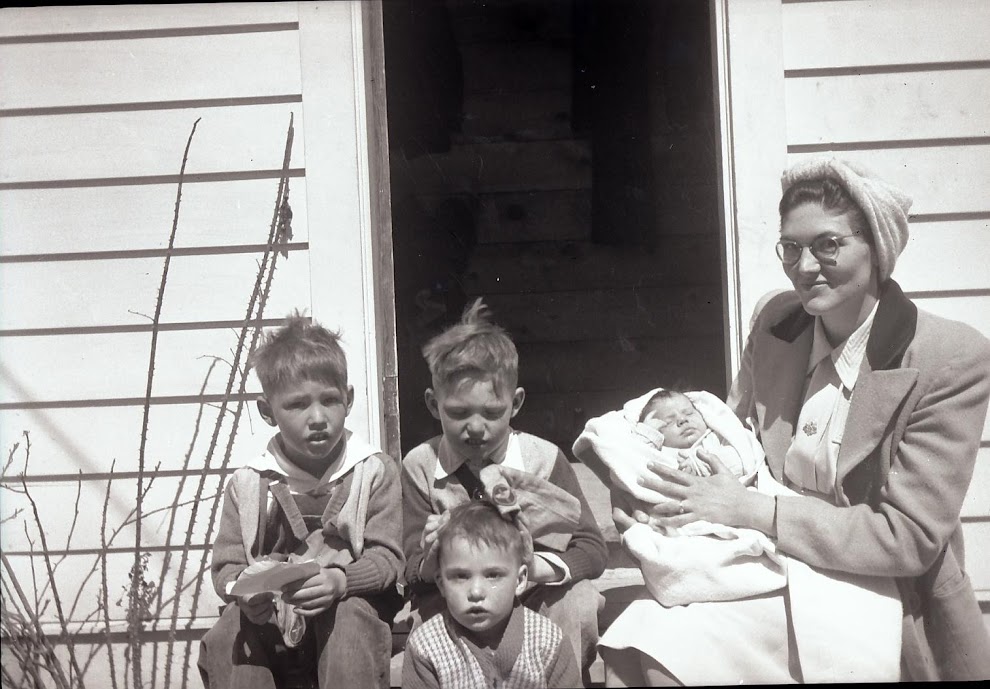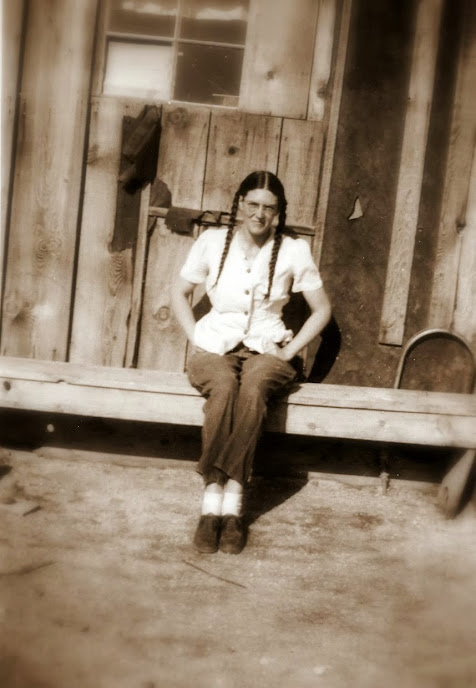So this was interesting. Earlier today, Ted Olsen forwarded this link to me:
http://blogs.christianpost.com/scriptural-truths/the-mystery-of-david-jang-jang-jae-hyung-24495/
It was a link to an article – published on a Christian Post blog, no less – examining the claims about and accusations against David Jang, and coming to some reasonably skeptical conclusions.
I immediately started to read the post on my cell phone, but in the five minutes it took me to get to a computer, the link started turning up a blank page, and indeed, it looks like the entire Scriptural Truths blog got deleted. Luckily, I was able to save the page from my cell phone to a PDF, and it’s now available here:
https://drive.google.com/file/d/0B-XDVS0sdeUEcl81Z0xnR3JjbHM/view?usp=sharing
I was previously aware of most of the material (indeed, it seems to quote from some of the documents I’ve previously made public), though I believe that some of the translations into English were new. It also appears that the author had access to independent sources within David Jang’s community, though what his own ties to the group may have been are not clear.
Given how sensitive Jang’s community is to criticism, I’m hardly surprised that it got taken down; I’m more surprised that it got published at all, and I’m sure there’s a fascinating story there. Before this, I had no idea who Aida and William Spencer were (a quick Google search reveals that they’re theology professors at Gordon Conwell), nor do I know who “Martin Zhang” is. If anybody has more information along those lines, please reach out to me!
The full text of the original blog post follows.
-------------------------------------
The Mystery of David Jang (Jang Jae-Hyung)
By Aida and William Spencer
December 26, 2014 | 4:46 pm
Guest blog by Martin Zhang
Why A Mystery?
David (Jae-Hyung) Jang is an influential yet controversial figure especially in Eastern Christianity. On the one hand, he is the founder and international president of Olivet University (OU), a professor of theology at Olivet Theological College and Seminary (OTCS), the 88th president of Denomination General Assembly of the Presbyterian Church in Korea, founder of Christian Today, Christian Daily Korea, Christianity Daily, founding team member and former senior advisor of the Christian Post, North American Council Member of the World Evangelical Alliance (WEA), president of the Holy Bible Society (HBS) and president of the World Olivet Assembly (WOA).[1] He is a very distinguished and industrious religious leader.
On the other hand, sources show that David Jang was a follower of Sun-Myung Moon for 31 years, and was a major leader of the Unification Church (UC) until 1998, in which year he resigned as professor of Sun Moon University. Moreover, former members of his present group, the Young Disciples of Christ or the Davidian Community, have testified that they were given lectures and eventually led to confess David Jang is the “Second Coming Christ.”
No evidence shows that David Jang himself has claimed publicly to be the “Second Coming Christ,” and he himself has also denied that he has claimed to be the “Second Coming Christ.”[2] However, witnesses from Korea, Japan, China, Singapore and America are unanimously pointing to one thing: Some followers of David Jang induce people to confess that David Jang is the Second Coming Christ.
What’s the Possible Fact behind the Controversy?
What, then, is the fact lying behind the controversy? There are at least three possibilities: 1) All those former members are either telling the truth or lying; 2) David Jang is either telling the truth or skillfully lying (he did not explicitly claim publicly, but privately accepts his followers’ teaching); and 3) both the former members and David Jang are telling the truth and neither is lying (only some of David Jang’s followers are teaching heretical doctrines which are neither created by nor known to him).
Possibility One
First, let us examine the testimonies of the former members. These witnesses claim that they are usually approached by members of the Davidian Community (under the name “Young Disciples of Jesus” [YD]) who are called “guides” (author’s translation). They are invited to a free Bible study and taught forty lessons which are called “forty Taos.” Attendees usually receive at least one lesson per day. After finishing these lessons, attendees report they are asked questions that lead them to the conclusion that David Jang is the Second Coming Christ.
Brother EN, who joined YD in 2001, recalls, after the “Forty Taos” they had a celebration party for him. At the party, their leader, a Korean sister, asked him: “What differences do you feel in this place?” EN answered: “Genuine love. Very warm.” She replied, “Only those who have faith can understand the difference. At that time, by his faith, Peter recognized Jesus was the Christ, what do you think?” EN answered, “Jesus is with us.” She asked again, “Only those who have faith can see, do we have love?” EN answered, “Yes.” She then asked, “The one who has greater love is Msni (David Jang). If Christ has come, he must be very special. All these ‘Forty Taos’ you have listened to were written by him, which is the highest revelation. So, what do you think?” He finally understood what she expected him to answer, and said, “Msni is the Christ.” Then everyone applauded, and praised aloud, “Thank the Lord, thank the Lord.”[3]
Esther (Ma Li) and another girl were asked the same question after they had listened to the “Eschatology,” “Time and Date,” and “New Israel” lectures. Zhang Naiwen, Esther’s teacher, asked them: “Who is Rev. David?” Being completely convinced, Esther answered without hesitation, “The Second Coming Christ!”
Then, based on Matthew 7:6, she and other members were told not to tell anyone else. She reports both of them were told that they were reborn. They signed the member card and were declared members.[4] Former leaders of the Davidian Community from Korea and Singapore shared similar experiences. [5] Those who joined them were soon required to work for affiliated companies and to give money to the Community. EN finally left the Community, but was identified as the one who puts his hand to the plow and looks back, therefore not fit for the kingdom of God.[6]
Since those former members are from different countries yet are telling very similar if not the same stories, we may conclude that although it is possible that all of them are lying, it is unlikely. This writer would need more evidence to be convinced that all of those witnesses are lying.
Possibility Two
Now let us consider the second possibility. Is David Jang telling the truth or is he a skillful liar? Sources show that David Jang was a follower of Sun-Myung Moon for 31 years, and he was a core member of the Unification Church. He was charged with promoting Unification Theology. It was said that he first denied his long time experience in the Unification Church, then reinterpreted his years in the Unification Church (e.g., he was not teaching Unification Theology, but saving people from the Unification Church), and finally wrote a letter of repentance.[7] This writer cannot help but wonder what really happened to David Jang.
Was he actually a follower of Sun-Myung Moon? Sources show that David Jang was married among 1,800 couples in a mass wedding presided over by Moon in February 1975. One of the qualifications for participating in Moon’s mass wedding was to believe Sun-Myung Moon was the Second Coming Christ.[8] Did Mr. Jang believe that Sun-Myung Moon was the Second Coming Christ? If so, when did he change his mind? How did that change happen? David Jang definitely has a great testimony to tell. God may use his testimony to lead more Unification Church members back to God.
On the other hand, some participants in the “Forty Taos” series have reported that, based on Matthew 7:6, members were taught not to share the teaching with those who are biased, lest they may not believe what they say and turn back to accuse them.[9] These claim that David Jang was following the strategy in this teaching when he denied that he claimed to be the Second Coming Christ, perhaps following the example of Sun Myung Moon, who for a long time did not reveal himself to be the “Lord of the Second Advent.”
However, even if David Jang’s experience in the Unification Church is true, and even if he used to accept people believing him as the Second Coming Christ, if he has genuinely repented, all evangelical Christians would be more than willing to embrace him as a brother in Christ. We were all someone else before we accepted Jesus Christ as our Savior and Lord, just as the Apostle Paul says, “where sin increased, grace abounded all the more” (Rom 5:20). However, all of us would really want David Jang to share his spiritual journey openly before all could embrace him as our brother with complete confidence and without any concern.
Possibility Three
How about the third possibility? Is it possible that David Jang was a genuine orthodox Christian from thebeginning or has genuinely repented from the Unification Church, but his followers somehow came up with the teaching that David Jang is the Second Coming Christ which was unknown to him? Before discussing the possibility, let us first take a look at the teachings reported of David Jang’s followers.
What Are These Controversial Teachings?
According to a sermon preached by one of David Jang’s followers Pastor Paul, God restores the fallen world through three periods of time. He cites Mark 4:28, “first the stalk, then the head, then the full grain in the head.” These three images represent the Old Testament era, the New Testament era, and the era of (another) New Covenant respectively. The Old Testament era was an era of law; the New Testament era was an era of Gospel, and now we are entering a New Era, which is another Gospel era, oriented by the Second Coming Christ’s teaching, which is the eternal Gospel.[10] In the New Testament era, Jesus separates the era of “the stalk” and the era of “the head.” Jesus taught in parables. The one who separates the ear of “the head” and the era of “bearing fruit” will be this Second Coming Christ who preaches the Eternal Gospel crystal clearly.
David Jang’s sermon “Time and Date” divides the history of the world by millenniums. Genesis covers the first two thousand years. The last figure in Genesis is Joseph, who is the image of Jesus. Joseph was sold by Judah, but he finally forgave Judah. The rest of the Old Testament also covers two thousand years. Jesus Christ separates the Old Testament and the New Testament. Jesus was also sold by a Judah (Judas), but he also forgave him. Therefore, David Jang concludes, there is a great change every two thousand years. Now we are at another point of the two thousand year period. God chose Israel in the Old Testament era. He chose Christians in the New Testament era. God is going to choose a New Israel for the coming new era. These are the 144,000 people in Revelation 7.[11] They are not the only people who are saved, but they set a model for the Kingdom of God. We can become one of the 144,000. In Revelation 1:7, we read, “He is coming with the clouds”: “‘The clouds’ mean witnesses, not real clouds.” Being caught up in the clouds to meet the Lord in 2 Thessalonians means experiencing an inner change in our lives. The sermon argues that the kingdom of heaven is not in heaven, but on earth.[12]
How can one become one of the 144,000? Another sermon teaches, if one signs the member card of this movement, that one will be counted.[13] Who, then, can sign the member card? Testimonies of former YD members report that, although they might be directed in different ways, all finally were convinced and confessed that David Jang was the Second Coming Christ. And then they were told that that day was their “re-born day.” Then they would sign the member card.
The testimonies of the former believers seem to accord with the sermons. What is the problem with these teachings?
What’s Wrong with Their Teachings?
According to the testimonies of former followers of David Jang, those who confessed David Jang to be the Second Coming Christ were called re-born.[14] It appears that the problem of the Davidian groups is in their soteriology (doctrine of salvation). However, this is probably not the main issue. As explained in the sermon “Eschatology,” adherents do not claim that only those who follow them or believe in David Jang are saved. Those who sign the member card are among the 144,000 who are “the first fruit.” Technically, “reborn” is not an accurate word, since it might suggest they do not rely on the cross for their salvation. This is not these former adherents’ complaint.
The major problems appear to be with the movement’s Christology[15] and Eschatology.[16] In the sermon “Time and Date,” Jesus is said to have used mainly parables to preach the gospel, thereby contrasting him with the Second Coming Christ who will proclaim the Eternal Gospel plainly. Human history has been divided into 2 millenniums (creation to Joseph) + 2 millenniums (Joseph to Jesus) + 2 millenniums (Jesus to the Second Coming Jesus). Therefore, their arguments seem to be that there is no question of the date of the Second Coming. It has to be the second millennia A.D. “The era of the fruit is right in front of us,” Pastor Borah Lin assures us.[17]
If the Second Coming Jesus has already come, then the logical question would be: Who is he? In “Time and Date,” Pastor Borah does not appear to ask, “when will Jesus come,” but “who brings the Eternal Gospel?” The assumption is that the Second Coming Jesus is not Jesus of Nazareth but another. Since the Second Coming Jesus is already on earth, the Rapture that Paul describes in 1 Thessalonians 4:15-17 cannot be a literal rapture. One possibility would be that it is an internal change, as described in “Time and Date” and “Eschatology.”[18]
Once one accepts such teachings, if asked, “Who do you think Pastor David Jang is?” one is reported to be guided by questions to the conclusion that he is the Second Coming Jesus, because all the sermons studied are said to be have been written by him. Therefore, he is the one who explains this “Eternal Gospel” in such a plain way.
Such a teaching, of course, would contradict both the Bible and the Creeds of the early church. First, concerning the date of the Second Coming, Jesus Christ said, “No one knows about that day or hour, not even the angels in heaven, nor the Son, but only the Father” (Mark 13:32).[19] Therefore, any person or group declaring to know the date must be mistaken. Second, Jesus told his disciples, “If I go and prepare a place for you, I will come again and will take you to myself, so that where I am, there you may be also” (John 14:3). Moreover, right after Jesus’ ascension, the angels said to the disciples, “This Jesus, who has been taken up from you into heaven, will come in the same way as you saw him go into heaven” (Acts 1:11). It is very clear that the same Jesus will come back. The Nicene Creed also confesses that “He (Jesus Christ) shall come again, with glory, to judge the quick and the dead.”[20] Anyone or any group who declares that the Second Coming Jesus is not the same Jesus must be heretical. The Nicene Creed confesses that Jesus Christ is “God of God…very God of very God.”[21] The Chalcedonian Creed also confesses that Jesus Christ is “consubstantial with the Father according to the Godhead.”[22] If we accept a conflicting teaching that the time of the Second Coming of Christ can be known, and the “Second Coming Christ” is not the same person as Jesus of Nazareth, we would have to admit at the same time that what is reported in the New Testament that Jesus and the angels told the disciples was not true. This would diminish Jesus to either an intentional liar or a mistaken person who honestly said something that was not true. In either case, Jesus could be anyone, but not fully God, since he was not perfect. But the Scriptures tell us he was the “unblemished” sacrifice for our sin (Heb 9:14). Last but not least, although the Davidian Community teachers are not reported to have specifically taught that salvation belongs only to them, by identifying those who have left their movement as not fit for the kingdom of God, they are implying such a theology, which apparently contradicts the biblical teaching that, through believing Jesus Christ, we are saved (John 3:16; Rom 4:24).
Back to the Third Possibility
Former believers testified that they were told that the “Forty Taos” and other sermons were written by David Jang, which was key in leading them to conclude that David Jang is the Second Coming Christ.[23] While they report that Davidian teachers did not directly teach that, witnesses testify, they were asked “two plus two equals?” questions to let these listeners themselves come up with the answer “four,” but “no one said ‘four’ directly.”[24] Did David Jang really write these sermons to declare himself the Second Coming Christ or are those teachers mistaken in their interpretation of his instructions?
If David Jang wrote these sermons with such an intention, it would be impossible for us to accept his teaching as orthodox. Therefore, it would be best once more for David Jang to explain what he really believes and intends to convey in his sermons, in his teaching, and in the interpretations of his instructors and their followers. If David Jang did not write any of the sermons, and he neither believes the above, then his followers may be promoting heretical teaching in his name. This is a very serious problem, because his followers would be making up sermons to lead people to confess that David Jang is the Second Coming Christ, and be claiming that the sermons were written by him with this intention.
Ben Dookey in his article in Mother Jones claims that David Jang knew his followers were spreading the message.[25] If this charge is not true and Rev. Jang is really opposed to such a monstrous interpretation, our plea is that he clearly forbid anyone in his movement to make such a blasphemous claim and even expel those who continue to do so.
Conclusion
We certainly do not want to see an innocent person wrongly charged. At the same time, we cannot call anyone who is heretical in his or her teaching our dear brother or sister in Christ. That is why we wrote this article, with a hope that David Jang would help us clear up the mystery by answering the questions raised in this article by sympathetic but puzzled and inquiring Christian people.
[1] David Jang, “Biography of David Jang,” accessed Sept. 22, 2014, http://www.davidjang.org/biography/profile.
[2] Michelle A. Vu, “Sources in ‘Second Coming Christ Controversy’ Face Scrutiny,” Christian Post, Aug. 19, 2012, http://www.christianpost.com/news/olivet-university-sources-in-second-coming-christ-controversyface-scrutiny-80176/pageall.html. Accessed Sept. 22, 2014.
[3] EN, “The Testimony of EN,” in Clear the Fog & Reveal the Truth, by K.Y. Cheung Teng (Hong Kong: Concern Group on Newly Emerged Religions, 2008), http://www.cgner.org/Books/TS001/TS001.pdf.
[4] Ma Li, “The Inerasable Memory,” in Clear the Fog & Reveal the Truth, by K.Y. Cheung Teng (Hong Kong: Concern Group on Newly Emerged Religions, 2008), http://www.cgner.org/Books/TS001/TS001.pdf.
[5] Davidian Watcher, “Important: Full Text of the Testimony of A Former Pastor of the Davidian Community,” Collections on the “Davidian Community,” Sept. 22, 2008, http://dqac.blogspot.com/2008/09/blog-post.html. Accessed Sep. 22, 2014. Ted Olsen and Ken Smith, “The Second Coming Christ Controversy: More Leaders Speak Out,” ChristianityToday.com, Sept. 12, 2012, http://www.christianitytoday.com/ct/2012/september-web-only/david-jang-second-coming-christ-singapore.html. Accessed Sept. 22, 2014.
[6] EN, “The Testimony of EN.”
[7] Davidian Watcher, “Discussion on Rev. Jang Jae-Hyung’s Ministry in the Unification Church (I),” Collections on the “Davidian Community,” Dec. 1, 2007, http://dqac.blogspot.com/2007/12/blog-post.html; Davidian Watcher, “Discussion on Rev. Jang Jae-Hyung’s Ministry in the Unification Church (II),” Collections on the “Davidian Community,” December 1, 2007, http://dqac.blogspot.com/2007/12/blog-post_01.html; Davidian Watcher, “Discussion on Rev. Jang Jae-Hyung’s Ministry in the Unification Church (III),” Collections on the “Davidian Community,” Dec. 1, 2007, http://dqac.blogspot.com/2007/12/blogpost_9742.html.
[8] K.Y. Cheung Teng, An Analytical Study on the Continuous Controversies Stirred Up by David Jang, trans. Kitty Lau and Elaine Yip, Sept. 9, 2012, http://wiki.cgner.org/index.php?title=An_Analytical_Study_on_the_Continuous_Controversies_Stirred_Up_by_David_Jang. Accessed Sept. 22, 2014.
[9] H. T., “I Will Never Forget Them,” Research on Young Disciples of Jesus, May 31, 2008, http://ydwatcher.blogspot.com/2008/05/ht.html. Accessed Oct. 7, 2014.
[10] Paul Zhao, “Time and Date,” accessed Sept. 22, 2014, http://wiki.cgner.org/index.php?title=DJC01031. Pastor Borah preached the same sermon on July 20, 2002. See https://drive.google.com/drive/#folders/0B-XDVS0sdeUENUU2WWpzUG15Mnc/0BXDVS0sdeUEZXRCa1JHeFNJdU0. Accessed Sept. 23, 2014. We are not sure if they are the same person or not.
[11] Provided by Former YD Member, “New Israel,” accessed Sept. 22, 2014, http://wiki.cgner.org/index.php?title=DJC01031. For similar sermons on “New Israel” preached by followers of David Jang in English and German, see Preachers of the Davidian Community, “New Israel,” 2002-2006, https://drive.google.com/folderview?id=0B-XDVS0sdeUENEtGaWo2eXUxZHc&usp=sharing. Accessed Sept. 22, 2014.
[12] Provided by Former YD Member, “Eschatology,” accessed Sept. 22, 2014, http://wiki.cgner.org/index.php?title=DJC01005_B.
[13] Provided by Former YD Member, “Four Spiritual ‘Taos,’” accessed Sept. 22, 2014, http://wiki.cgner.org/index.php?title=DJC01006_B.
[14] Ma Li, “The Inerasable Memory.”
[15] “Christology” is doctrine concerned with revelation of God in Jesus Christ.
[16] “Eschatology” is doctrine of the last things or the final events of humanity.[17] Pastor Borah, “Time and Date,” July 20, 2002, https://drive.google.com/drive/#folders/0BXDVS0sdeUENUU2WWpzUG15Mnc/0B-XDVS0sdeUEZXRCa1JHeFNJdU0. Accessed Sept. 23, 2014.
[18] Provided by Former YD Member, “Eschatology.”
[19] See also Millard J. Erickson, Christian Theology, 2nd ed. (Grand Rapids, Mich.: Baker Books, 2007), 1194.
[20] “Nicene Creed,” accessed Sept. 23, 2014, https://www.ccel.org/creeds/nicene.creed.html.
[21] Ibid.
[22] “Chalcedonian Creed,” accessed Sept. 23, 2014, https://www.ccel.org/creeds/chalcedoniancreed.html.
[23] K.Y. Cheung Teng, Clear the Fog & Reveal the Truth (Hong Kong: Concern Group on Newly Emerged Religions, 2008), 16, 118, http://www.cgner.org/Books/TS001/TS001.pdf.
[24] Ben Dooley, “Who’s Behind Newsweek?,” Mother Jones, March 2014, http://www.motherjones.com/media/2014/03/newsweek-ibt-olivet-david-jang. Accessed Sept. 23, 2014.
[25] Ken Smith, “David Jang Summary,” Confessions of a Would-Be Theologian, Jan. 6, 2014, http://blog.wouldbetheologian.com/2014/01/david-jang-summary.html. Accessed Sept. 23, 2014.
